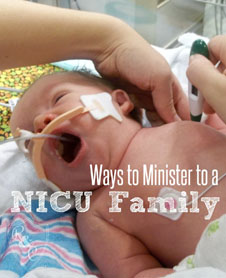World on Fire: When a Gunman Attacked in My Hometown
Some days the world feels aflame.
Saturday, August 3rd, 2019, the news gripped me. People fled out of a mall where I worked during college summers. Police surrounded the area less than one mile from my childhood home where I played hide and seek and marbles. Blood puddled at a store built where I used to trudge through the desert catching lizards and finding rocks. And the gunman—he hailed from the area where I now live. So, this terror feels more personal. And when I hear his actions flowed from racism and anti-immigrant anger, I shake my head at the lies and brokenness behind this horror.
I can’t escape the role words had in fueling this event. The views espoused by this young man didn’t spring up in a vacuum, but by his association with others whose views were similarly corrupted. A polarized culture enhanced his anger instead of mitigating it. Of course, an angry man using a weapon did the damage, but God has a lot to say about discourse in the Word, because our words matter.
Here are some Scriptures to examine:
James 3:6
James tells us our tongues are hard to control and can set the world on fire with destruction. We ought to ask ourselves if our written and spoken words educate, bring peace with or inflame those who think differently.
Proverbs 18:17
Wisdom urges us to look at both sides of issues. If we live on a steady diet of fiery rhetoric and words that confirm already held views, without delving into a variety of perspectives, we confirm our own biases.
Proverbs 18:2, 13
Listening well precedes the expression of a sound opinion.
James 1:26
Not all know the Lord, but if we or our friends, associates and leaders claim to be a part of the family of faith, the Word holds us and them to a higher standard of civility.
As you read the words of this blog, do you have someone specific in mind in your church, community or country who is failing in these areas? I’ll be honest and say, “I do.”
But Matthew 7:5 takes me to the mirror.
Instead of pointing at those whose words offend us, let’s check ourselves first. Replace blame, divisive words and anger with respectful and wise words so that we lead by example, moving from harsh words to healing and problem solving.
Let’s put out fires instead of feeding them.


